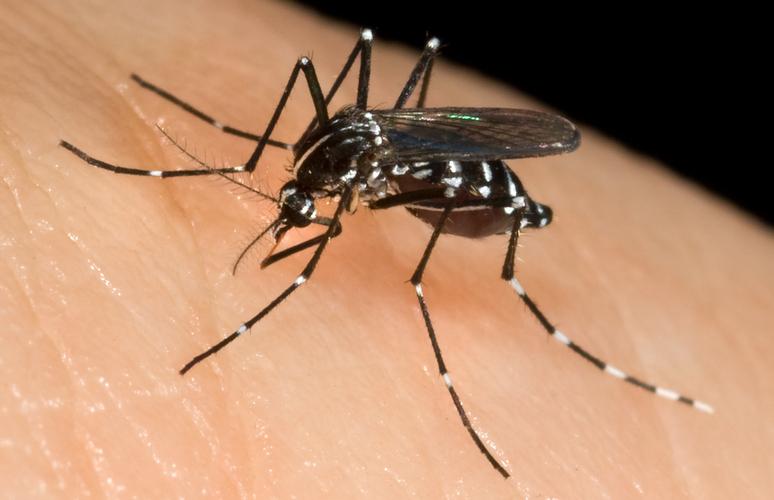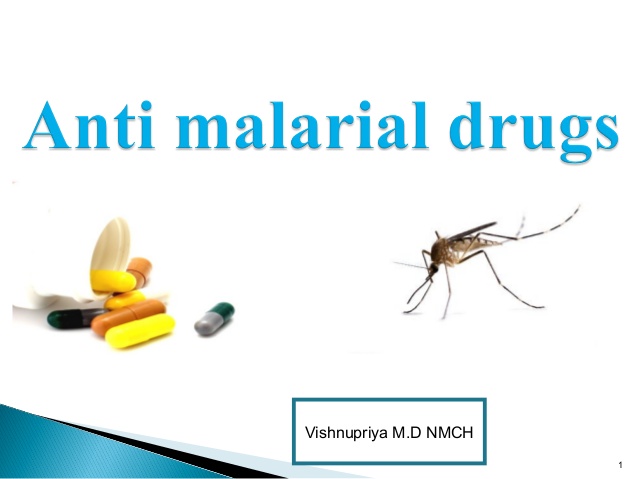World Malaria Day: Nigeria, Other African Nations May Adopt Vaccine By October
As nations celebrate World Malaria Day (WMD) Sunday, Nigeria and other African countries worse hit by the disease may get more relief and inch near the global zero malaria target with mass deployment of malaria vaccine by October this year.
The cheery news came with indications that the malaria vaccine jab, RTS, S has passed safety and efficacy tests in clinical trials and may be globally approved for mass deployment and adoption in national immunisation programmes.
Again, another malaria vaccine was reported by the University of Oxford team to have proven to be 77 per cent effective in early trials and could be a major breakthrough against the disease. The said vaccine was found to be safe and showed “high-level efficacy” over 12 months of follow-up.
Malaria is a life-threatening disease caused by parasites that are transmitted to people through mosquito bites and kill more than hundreds of thousands of people yearly, mostly children in sub-Saharan Africa.
Director for the malaria vaccine implementation programme at PATH (formerly known as Programme for Appropriate Technology in Health), an international nonprofit global health organisation, Scott Gordon, speaking during the second instalment of the Combat Malaria in Africa virtual discussion, noted, “The RTS,S vaccine has been tested in Jos and Enugu in 2010 and 2012. The trial demonstrated efficacy. As of today, Ghana, Kenya and Malawi are conducting clinical trials on the vaccine. Over 1.7 million doses have been administered to over 650,000 children across Africa.”
The online meeting, titled ‘Combat Malaria in Africa: Lessons and Opportunities’ was organised by GBCHealth’s Corporate Alliance on Malaria in Africa (CAMA). GBCHealth is a network of more than 300 companies and development organisations, leading business action for improved global health, while CAMA is a GBCHealth-led initiative to drive partnerships for malaria control and elimination.
Gordon said: “We are gathering evidence on the feasibility of providing the vaccine through routine immunisation. We expect to have a meeting with WHO and other stakeholders to make the decision. We have data from the clinical trails. On the pilot, the safety of the vaccine has been priority. The researchers found that data on safety is positive. Feedback on survey in the three countries is encouraging. There is potential for the recommendation for the vaccine to be used routinely across Africa to end malaria.”
The theme of this year’s World Malaria Day is ‘Reaching the zero malaria target.’ In Nigeria, the adopted slogan for World Malaria Day 2021 is ‘Stand up and Take Action.’
ACCORDING to the World Health Organisation (WHO), RTS,S/AS01 (RTS,S) is the first and, to date, the only vaccine to show that it can significantly reduce malaria and life-threatening severe malaria in young African children. It acts against Plasmodium falciparum, the most deadly malaria parasite globally and the most prevalent in Africa. Among children who received four doses in large-scale clinical trials, the vaccine prevented approximately four in 10 cases of malaria over a four-year period.
In view of its public health potential, WHO’s top advisory bodies for malaria and immunisation have jointly recommended phased introduction of the vaccine in selected countries in sub-Saharan Africa. As such, three countries – Ghana, Kenya and Malawi – began introducing the vaccine in selected areas of moderate and high malaria transmission in 2019, with vaccinations being provided through each country’s routine immunisation programme.
The pilot programme is to address several outstanding questions related to the public health use of the vaccine. Critical among those questions how best to deliver the recommended four doses of RTS,S, the vaccine’s potential role in reducing childhood deaths, and its safety in the context of routine use.
The WHO-coordinated programme is a collaborative effort with ministries of Health in Ghana, Kenya and Malawi and a range of in-country and international partners, including PATH, a non-profit organisation, and GSK, the vaccine developer and manufacturer.
Gordon, however, cautioned that regardless of the optimism being generated by the vaccine, there is a need to continue to use other interventions, strengthening strategies and programme linkage in the war against malaria.
“There is a need for continued investment in new tools such as vaccines, in addition to Research and Development (R&D). What we have learnt is that there is no single solution both for malaria and COVID-19.”
Financing for the vaccine




